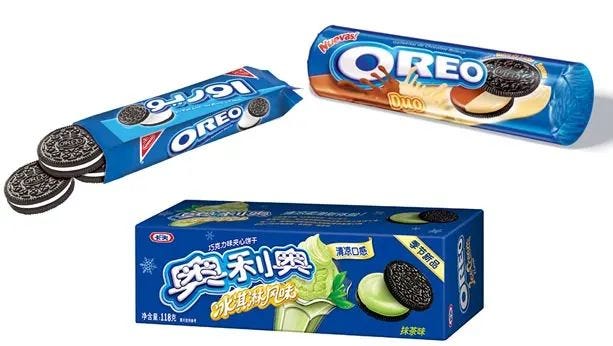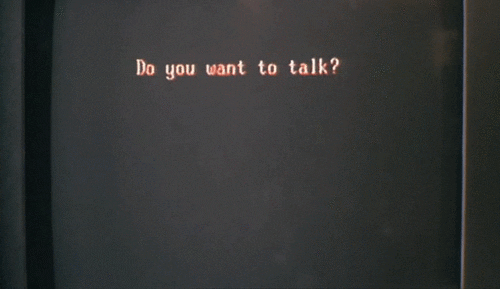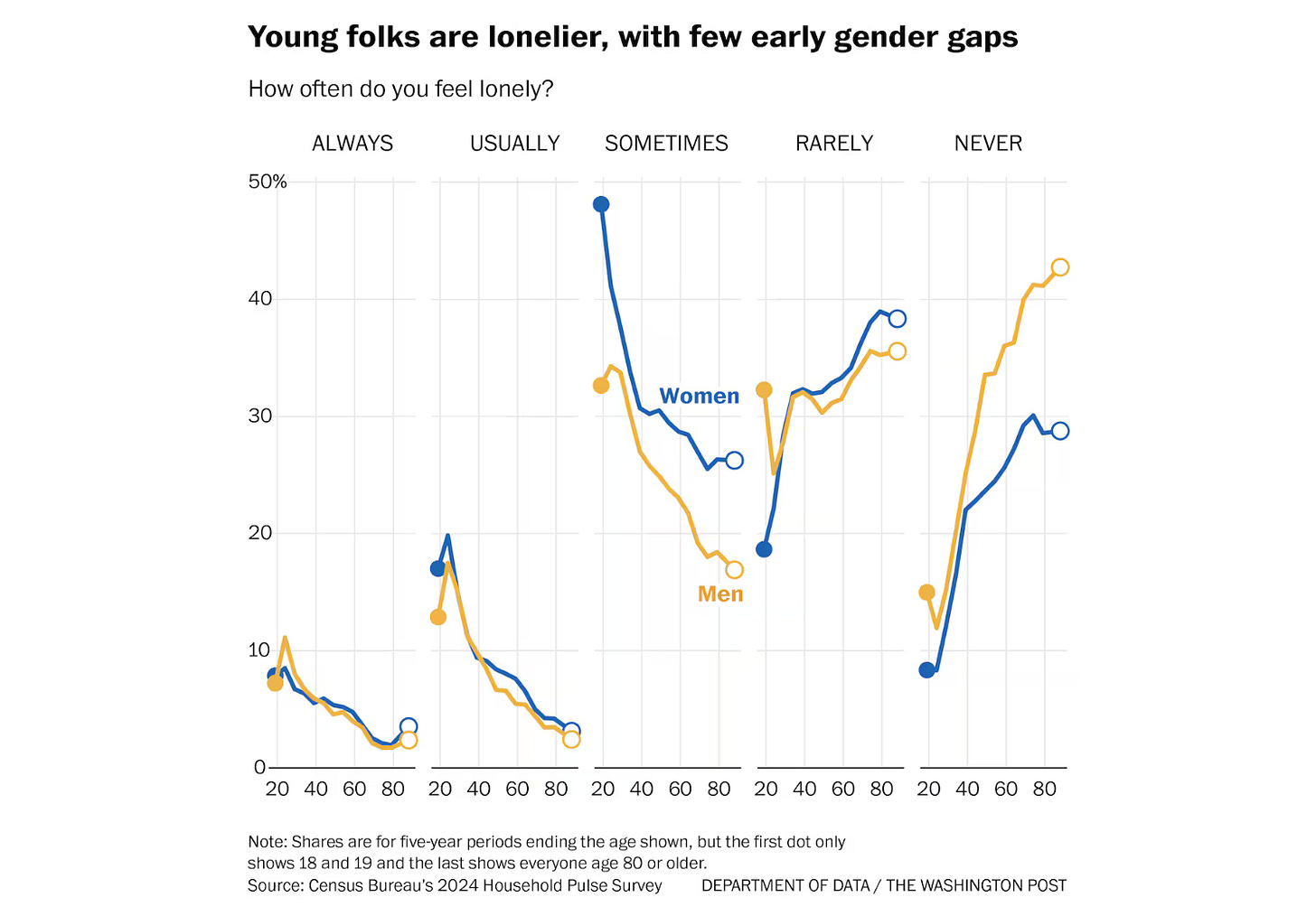Notes from the edge of civilization: March 23, 2025
'Opportunity' knocks at JP Morgan Chase; Danish janitor is 'Mads' as hell (but don’t touch his Tabasco); all the lonely GPTs.
Here at Collapse Life, we hate to say ‘we told you so.’ However…
Remember when we mentioned that ESG and DEI weren’t dead, and that they’d be back soon in new drag?
Well, the Wall Street wizards at JPMorgan Chase have just announced they’re doing away with the political hot potato that is ‘equity.’ According to a memo released last week, the bank is now going all in on DOI — Diversity, Opportunity, and Inclusion.
"The ‘e’ always meant equal opportunity to us, not equal outcomes,” said Chief Operating Officer Jenn Piepszak in the memo, “and we believe this more accurately reflects our ongoing approach to reach the most customers and clients to grow our business, create an inclusive workplace for our employees and increase access to opportunities."
The subtext: Calling it opportunity is more lawsuit-proof.
JPMorgan staff will now have to take part in fewer trainings about how not to offend their coworkers, and some of the many ‘councils’ that had been created will now be consolidated, with DOI duties embedded into departments like HR and corporate responsibility.
Meanwhile, other corporations are also making DEI slip into the shadows. Citi axed its diverse interview slate requirement. Goldman Sachs quietly ghosted their board diversity policy. And Victoria’s Secret is moving towards a focus on ‘belonging’ and away from targets of a certain number of Black hires.
But make no mistake: the ideological engine is still running — it’s just switching lanes to avoid lawsuits, regulatory roadblocks, and getting run over by the Trump train.
According to the New York Times, there’s a growing international movement to boycott American goods — and it’s being led by people who really, really miss their Oreos.
In Denmark, a janitor named Mads Mouritzen launched a Facebook group (now 90,000 strong) to protest Trump’s tariff policy by ditching US products. Out with Heinz, Estée Lauder, and Tesla… but apparently not Tabasco (which Mads had stockpiled before starting the boycott and won’t do without).
The irony is thicker than New England clam chowder. They’re still watching Monk (just on a Swedish streaming service), pining for Sun-Maid raisins (the Spanish ones are “less tasty”), and still relying on Facebook — that bastion of American tech dominance — to host their transatlantic tantrum.
It’s part protest, part performance art, and it shows just how complicated global boycotts have become in an era of interdependence — and how deeply American products and services have wormed their way into practically every corner of the globe, including the kitchen cabinets of people who claim to hate them.
So while the political message may be “America Last,” the consumer reality looks more like “America Lite”: same taste, fewer logos, and a lot of squinting at product labels and debating whether “American owned” is acceptable. Because even the most indignant Europeans still seem to want their protests with a dash of Louisiana hot sauce.
As it turns out, artificial intelligence is not your best friend, and if you’ve formed an emotional attachment you may be in for a rude awakening. According to new studies from MIT and OpenAI, people who use ChatGPT for emotional support and personal conversations are more likely to report feeling lonely.
The more someone treats AI like a confidante, the worse the mental health outcomes seem to get. Extended daily use in this way was linked with higher levels of loneliness and emotional distress. And while this isn’t how most people use ChatGPT, the trend raises real questions about the emotional void some are trying to fill with machines.
Meanwhile, the Washington Post dug through census data that shows nearly 1 in 3 young adults (ages 18–24) reports feeling lonely “always” or “usually” — a rate four times higher than retirement-age Americans. Despite living in a world more connected than ever, Gen Z is substituting human relationships with virtual ones: gaming, streaming, and now talking to machines that simulate empathy.
What AI offers in convenience, it lacks in meaning. It can mimic concern, but it can’t replace community. And yet, the lonelier we get, the more we turn to these digital dopamine dispensers. As if the system designed to isolate us might also be the one to save us. It won’t.
(In 2013, Joaquin Phoenix starred in a movie about a lonely writer who “develops an unlikely relationship with his newly-purchased operating system that's designed to meet his every need.” Was this actually predictive programming? Twelve years later, it doesn’t seem so far-fetched.)





